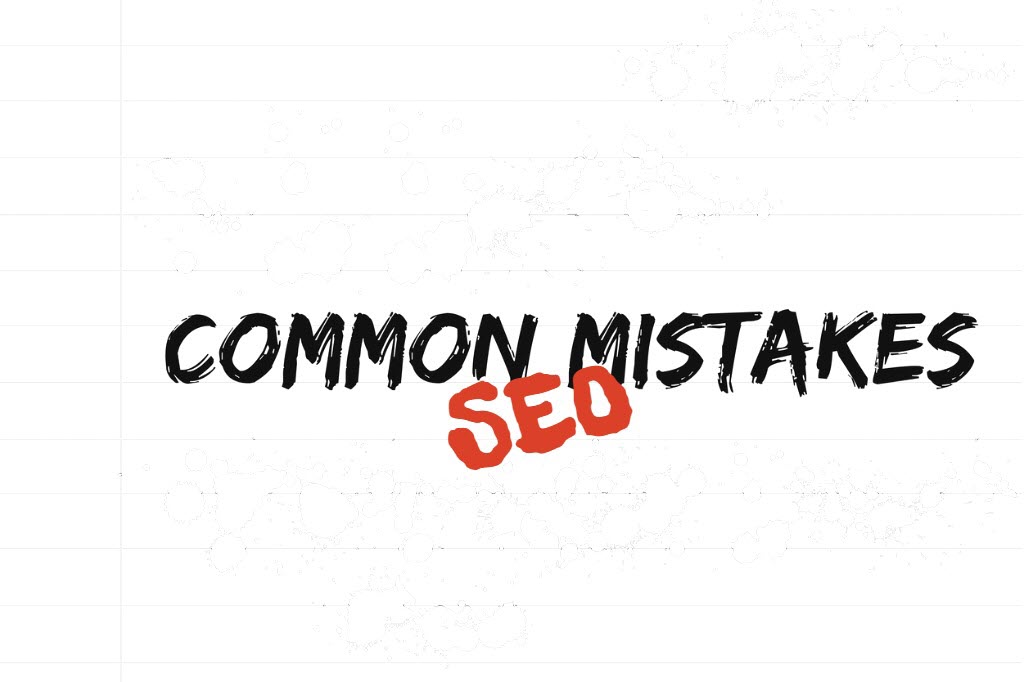Search engine optimization has been around for a while. In fact, it’s been around long enough that specialists have figured out not only what works, but what doesn’t work. Below is a list of five common (yet easily fixed) SEO mistakes that search marketers know can hurt your website’s performance.
1. Using Industry Jargon When Choosing Keywords
Not everyone refers to products and services with the same terms. Take a basic product like drapes. Some people say drapes, others say curtains. Then there are words that only people working inside the industry use (window treatments, anyone?). Jargon and terms of art are simply unsuitable if you are marketing to consumers.
Remember to use keywords that are meaningful to your intended audience. There are tools to help you with finding popular terms and related terms, including:
- Google AdWords (and Google’s Keyword Planner)
- Google Trends
- Keyword Tool
- Moz Keyword Explorer
2. Stuffing Keywords
You can’t have enough of a good thing, right? Sadly, when it comes to keywords, more is usually not better. In fact, search engines penalize websites for stuffing keywords into content. Even worse, search engines like Google and Bing could register those sites as spam.
Equally as important, a keyword-stuffed website is hard to read. Even if your site escapes search engine penalties, people who find your site will find your site unreadable and leave quickly.
3. Writing Content That Doesn’t Match Your Keywords
This is a particular problem when you have a webpage that includes more than one topic. Search engines cannot determine the topic of a page when it is optimized for many unrelated keywords. They will downgrade it under these circumstances, meaning you will never realize your hopes of showing up on the first page of search engine results. Keep your content and keywords aligned and focused.
4. Plagiarizing Content From Other Sites
While copying and pasting from other sites was once common, search engines today penalize the practice. Google and others see duplicate content as spam and will downgrade one or both sites accordingly. Invest the time to create original content.
5. Forgetting Metadata
It is not enough to optimize great, original content through carefully selected keywords. You must also include metadata: title tags, image tags and meta descriptions. Search engine bots (called “crawlers” in search lingo) look for this information when indexing content, as they are clear signifiers to search engines what you believe is most important on each page. Even if you create a perfectly optimized copy, your page remains incomplete if you are missing metadata.
Remember, Effective SEO Requires Ongoing Maintenance
Avoiding these SEO mistakes is not the entire story when it comes to effective search engine optimization. You need to take the positive step of monitoring your performance to make sure your SEO works. Set up and review your analytics regularly. Be prepared to adjust your strategy accordingly. You can rely on webmaster and analytics tools if you are into the DIY approach, or you can get help from an SEO consultant.


